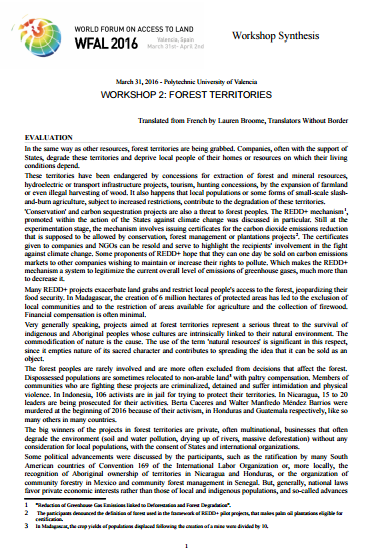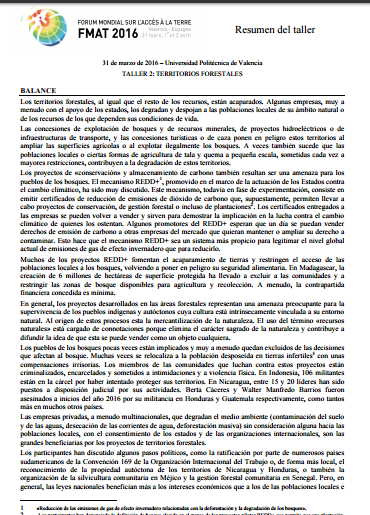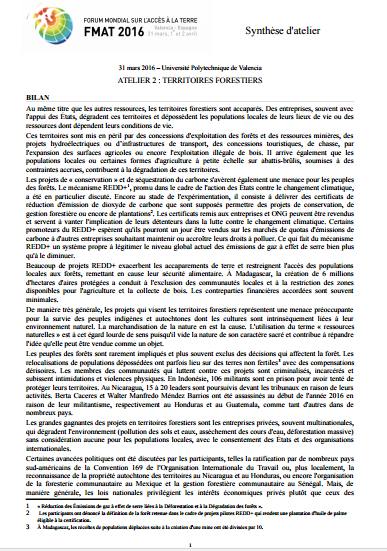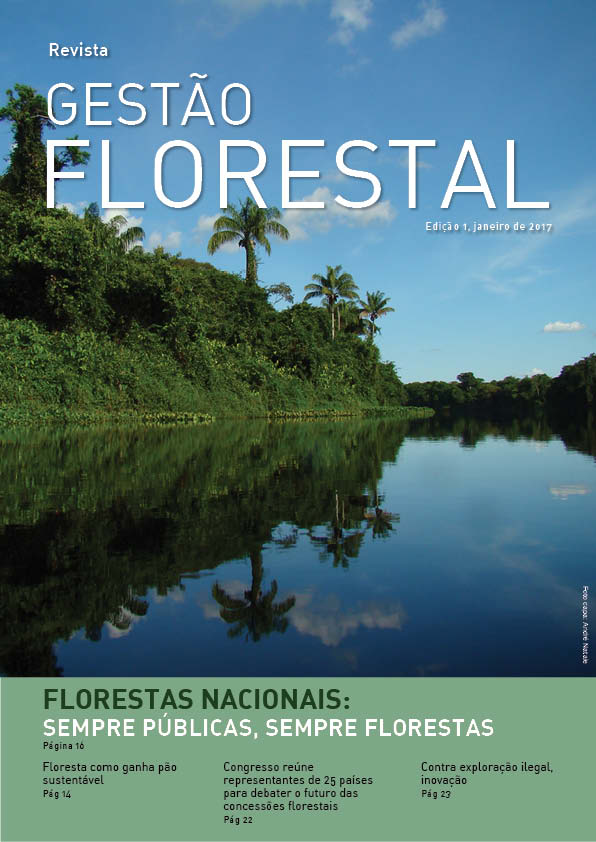Family productive strategies, perceptions and deforestation in a context of forest transition: the case of Tena in the Ecuadorian Amazon
This article explains how the family productive strategies of farmer settlers and their perceptions of the forest influence the rate of deforestation. This particular approach, based on the analysis of endogenous processes, seeks to contextualize and understand how farmers operate within a context of «forest transition», as a result of significant economic changes, market expansion and road infrastructuredevelopment.







